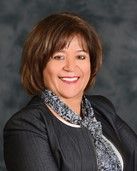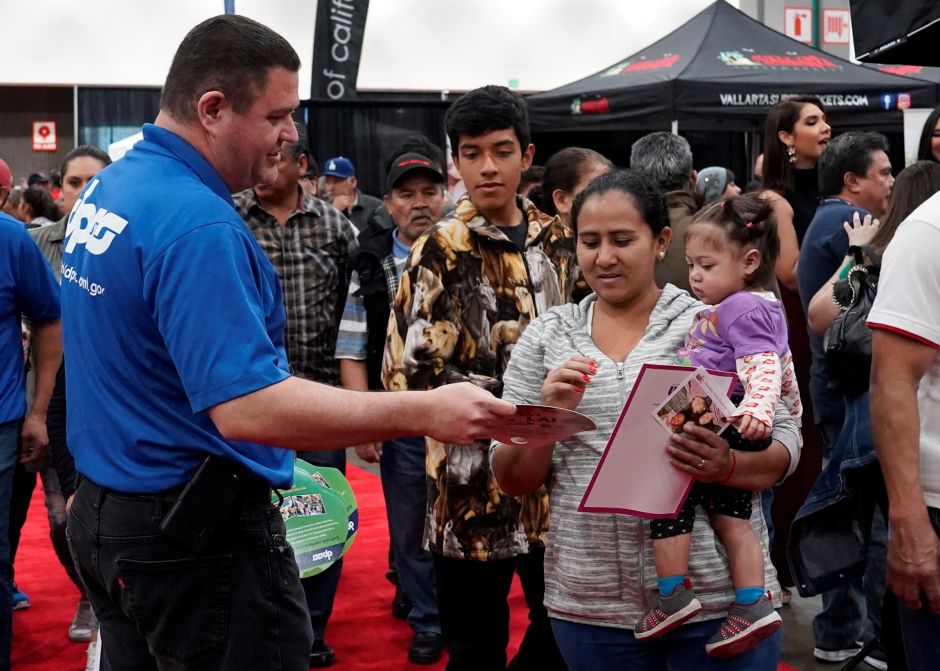The director of the Department of Social Services of LA clarifies this question
After President Donald Trump announced his “public charge” initiative last year, the Los Angeles County Department of Public Social Services (DPSS) has dedicated himself to refusing some points that the community fears.
In August 2019, the president announced that immigrants linked to certain public programs – such as Medi-Cal, housing, food and cash aid – could be rejected when they wanted to obtain legal residence in the United States.
Although the measure has not taken effect, many immigrants have chosen to stop using these services in the hope that the day they can fix their immigration status they will not face problems because they are considered a “public charge”.
Antonia Jiménez, director of DPSS – the nation’s largest social services agency – said the department focuses on three basic needs: Medi-Cal, food and financial assistance.
In an interview with La Opinión, he added that DPSS currently has 3.5 million people registered
in Medi-Cal — the public health service for low-income people in California.
He also mentioned the 560,000 people in the CalFresh program, known as food stamps; to 450,000 people in CalWORKs or financial aid and about 80,000 people in the “able-bodied” program, which focuses on single adults without dependents.
"Last year we had a lot of problems with this (Trump) Administration because of the tema public charge’ issue and all the changes they made for immigrants and the requirements to (qualify for the program) CalFresh, "said Jimenez.

Additionally, he explained that now for the financial assistance that single adults of the “able-bodied” program receive, beneficiaries will have to prove that they work at least 80 hours a month or dispense them for some reason.
"We have a year to exempt people or put them to work 80 hours," said Jimenez and added that individuals with disabilities, homeless or pregnant women can be dispensed, for example, depends on each case.
So far, around 40,000 have achieved or are in the process of being dispensed.
The undocumented do not qualify
Jimenez said undocumented immigrants do not qualify for government assistance from CalFresh and CalWORKs.
However, he said that those who are 19 to 25 years old and are low-income may qualify for Medi-Cal. Each service depends on the individual case.
"It is important that we mention that the (public charge) rule has not come into effect," said the director.
And he said that after the news of President Trump's public charge was announced, there was a small decrease in registrations.
He explained that, for example, American children may qualify for CalWORKs even if their parents are undocumented.
"We do not give parents money but if we give them the money that corresponds to the children," Jiménez said.
For CalFresh it is a similar situation, help can be given to citizens and legal residents of low income but not to undocumented immigrants.
"Many people do not understand that they will not be impacted by receiving these benefits because it is not retroactive," he said. "And there are many people who are entitled to this benefit like American children."
However, Jiménez said that many immigrants refuse to obtain services such as CalFresh with the idea that this is part of the welfare and they do not want to be identified as beneficiaries by the government but they have Medi-Cal that is funded by the same.
"People usually accept Medi-Cal but they don't accept CalFresh," Jiménez said. "But all studies show that if you send a hungry child to school, they don't learn."
The director invites people to learn more about what corresponds to your situation. To receive low-cost or no-cost legal services, call 1 (800) 593-8222 or visit: oia.lacounty.gov







